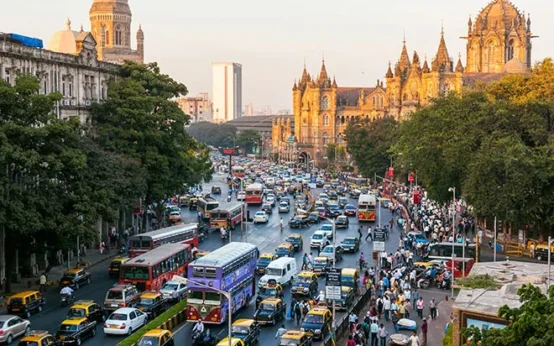The government has allocated Rs20 billion to Karachi and Hyderabad in a strategic move to improve urban living conditions. Under the “Competitive and Livable City of Karachi” program, the Sindh Government and the World Bank are supporting this major clean development initiative. The project aims to revitalize municipal services, strengthen sustainable infrastructure, and tackle long-standing problems related to sanitation and environmental degradation in both cities.
Major Investment to Address Urban Waste and Sanitation Challenges
The urban population in Karachi and Hyderabad has grown rapidly over the last two decades, outpacing the development of essential services such as waste collection, sewage management, and clean water systems. Karachi, with its population exceeding 20 million, is often referred to as the “economic engine of Pakistan.” Yet, the city struggles daily with clogged drains, overflowing garbage, broken roads, and ineffective waste disposal.

Hyderabad, the second-largest city in Sindh, faces similar challenges on a smaller scale. Due to mismanagement, rapid urban expansion, and outdated infrastructure, residents in both cities suffer from preventable health issues and daily inconvenience. The Rs20 billion funding aims to tackle these deep-rooted urban problems, offering a cleaner and healthier environment through systematic planning and technology integration.
Expansion of the CLICK Program to Include Hyderabad
Launched in 2021, the CLICK program focused on Karachi, aiming to strengthen local government capacity and improve service delivery. However, recent public demand and advocacy by local leaders have prompted the inclusion of Hyderabad, thereby broadening the program’s scope and impact.
The inclusion of Hyderabad is seen as a political and social milestone, given the need for balanced development across Sindh. By extending the clean development initiative, the Sindh government has not only responded to the public’s call for action but also demonstrated commitment to improving urban standards in more than one key city.
Economic Impact and Future Sustainability of Urban Development
The Rs20 billion initiative aims to deliver environmental benefits while driving economic growth in urban construction and service sectors. The project will create short-term jobs in civil works, engineering, garbage collection, sanitation, and landscaping. In the long term, cleaner cities will attract investment, tourism, and trade particularly in Karachi’s port and industrial zones
Additionally, sustainable infrastructure means reduced health costs, better productivity, and a higher standard of living for residents. Public health experts have long pointed out the link between urban cleanliness and reduced disease burden, particularly in slum areas and informal settlements.


 Pakistan: Deadly Blast at Karachi Fireworks Warehouse Kills Four
Pakistan: Deadly Blast at Karachi Fireworks Warehouse Kills Four  Mumbai Ranks At 39 In International Traffic Speed Index
Mumbai Ranks At 39 In International Traffic Speed Index